Good afternoon, my reader. Often, inexperienced summer residents perceive the advice more "advanced" as something unshakable and a priori faithful. However, even experts with great experience may be mistaken. Consider the 10 most harmful myths associated with garden and garden.
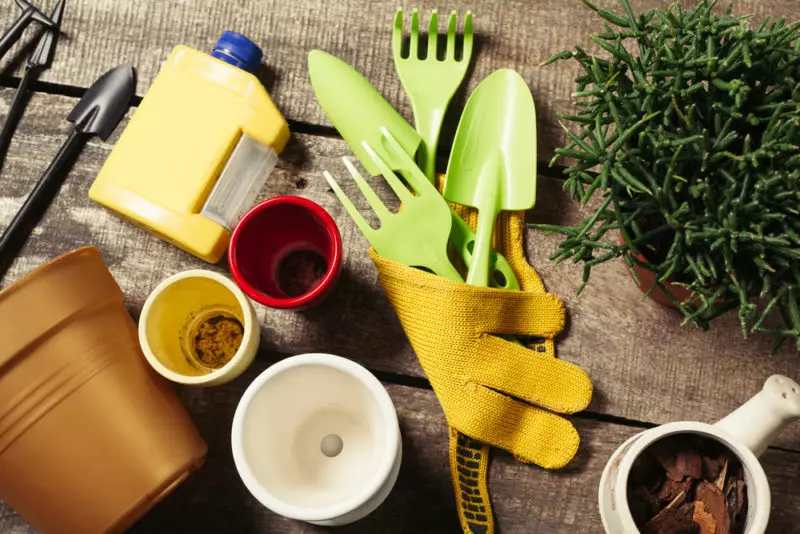
Gardening Myths (Photo Used by Standard License © azbukaogorodnika.ru)
Farmers practicing "organic" agriculture often do not remember that the same poison of viper and arsenic are completely "natural." Often, drugs based on organic components are dangerous not only for harmful insects and plants, but also for useful living beings and even for humans.Miscending, destroying many plants. Drought-resistant plants (especially young) need moisture, like all living organisms, - only in a slightly smaller amount.
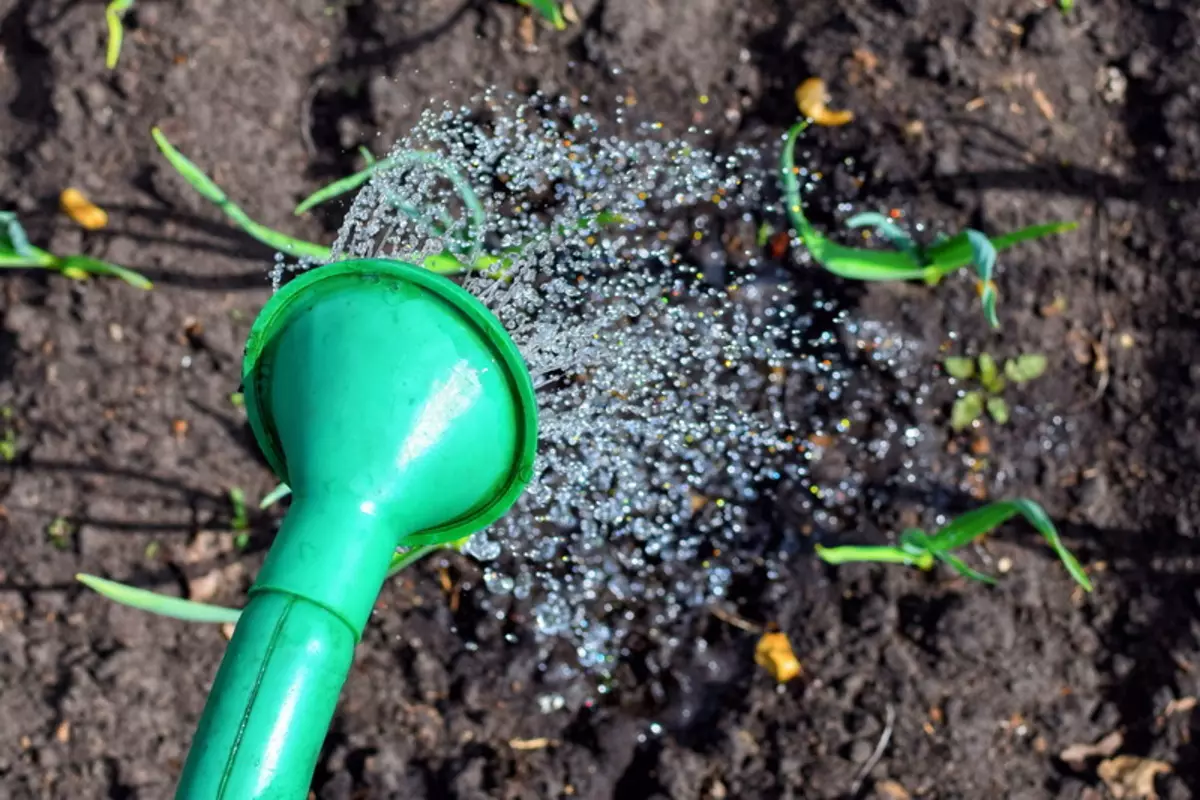
Watering (Photo Used by Standard License © azbukaogorodnika.ru)
When transplanting moisturizing is generally critical.
Partly right, but "the game is not worth the candle." Coffee waste can attract the pest site. Also, during the decomposition, the "fertilizer" binds the soil nitrogen, as a result of which the plants will not be discharged by this valuable element.
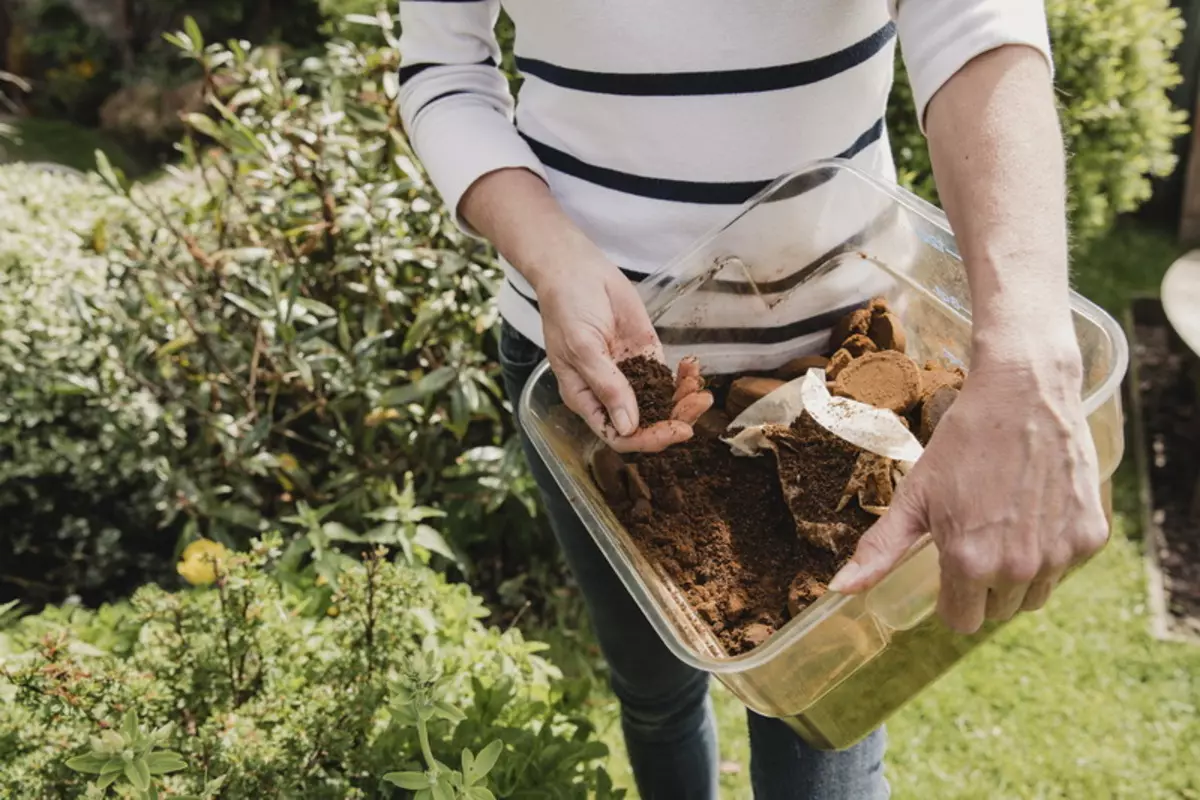
Coffee use (Photo Used by Standard License © azbukaogorodnika.ru)
It is better not to experiment, but use proven sulfur-containing acidity regulators.
Many scientists believe that instead of accelerating growth, fertilizers in the hole only drives a seedling into stress:- Most plants enter the "root" symbiosis with useful mushrooms (which is mutually beneficial), and the feeding destroys this connection;
- Phosphorus-containing fertilizers when introducing in the wells can burn the rapid roots of plants;
- An excess of the same fertilizers based on phosphorus can provoke the incidence of the plant.
If you want to "help" a green friend getting tight, it is better to make a compost.
It is said that the sand enters into interaction with clay and makes heavy soil easier and "breathable."
Practice of merciless - a mixture of sand and clay forms a semblance of cement that does not transmit air and water.
The statement is correct only in part. Waste from bananas really contain many useful elements.
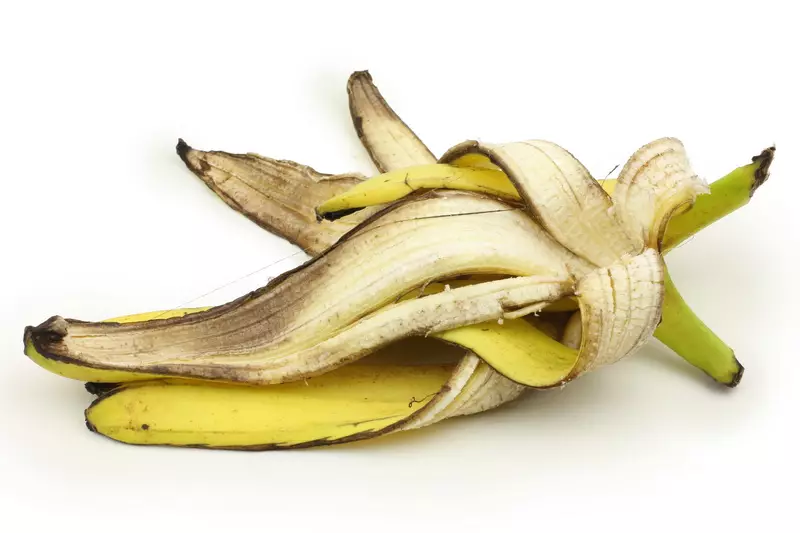
Banana Peel (Photo Used by Standard License © azbukaogorodnika.ru)
But it is possible to apply them only in the form of compost, since the "raw" material, decomposing, takes from the soil the necessary nitrogen plants. This is due to the vital activity of bacteria for which the peel serves as "feed".
As a rule, people, seeing a stiff plant, rush to "sweep" an additional dose of fertilizers, disturbing the drawing schedule.The old myth that works in the proportion of 50 to 50. The tree can both protect against diseases and to gain a new focus of rotten due to the accumulation at the water cut.
Compost, as well as all the objects around us, consist of chemicals, so its composition is extremely important.
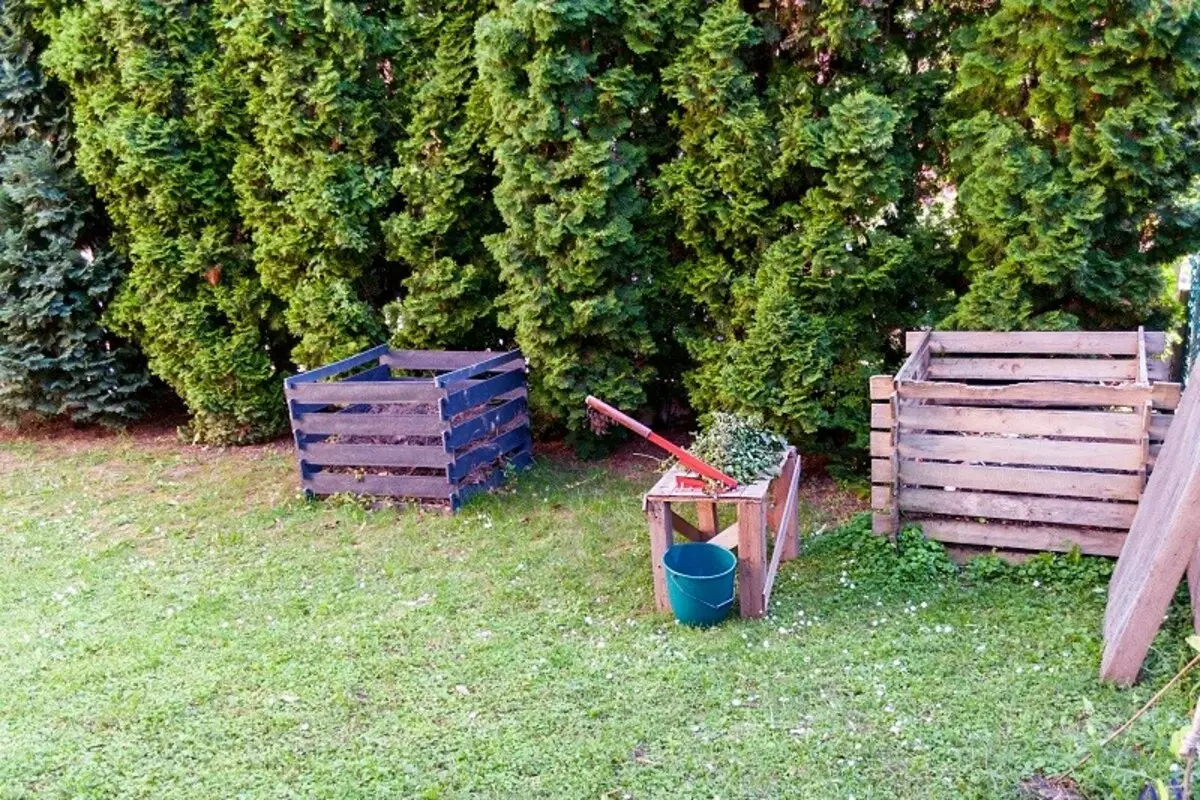
Compost Pits (Photo Used by Standard License © azbukaogorodnika.ru)
Commodity Composting Rules:
- Do not bring unknown plants;
- refuse vegetable residues treated with pesticides;
- On the poor quality of the compost indicates a pronounced sour smell.
Despite some positive effect when dealing with pests and fungal strains, milk when disintegration can only provoke the development of different types of rot on plants. Scientists have so far have not been proven by the unconditional effectiveness of "dairy baths", so if we use milk treatment, then only with extreme caution and on a limited number of plants.
